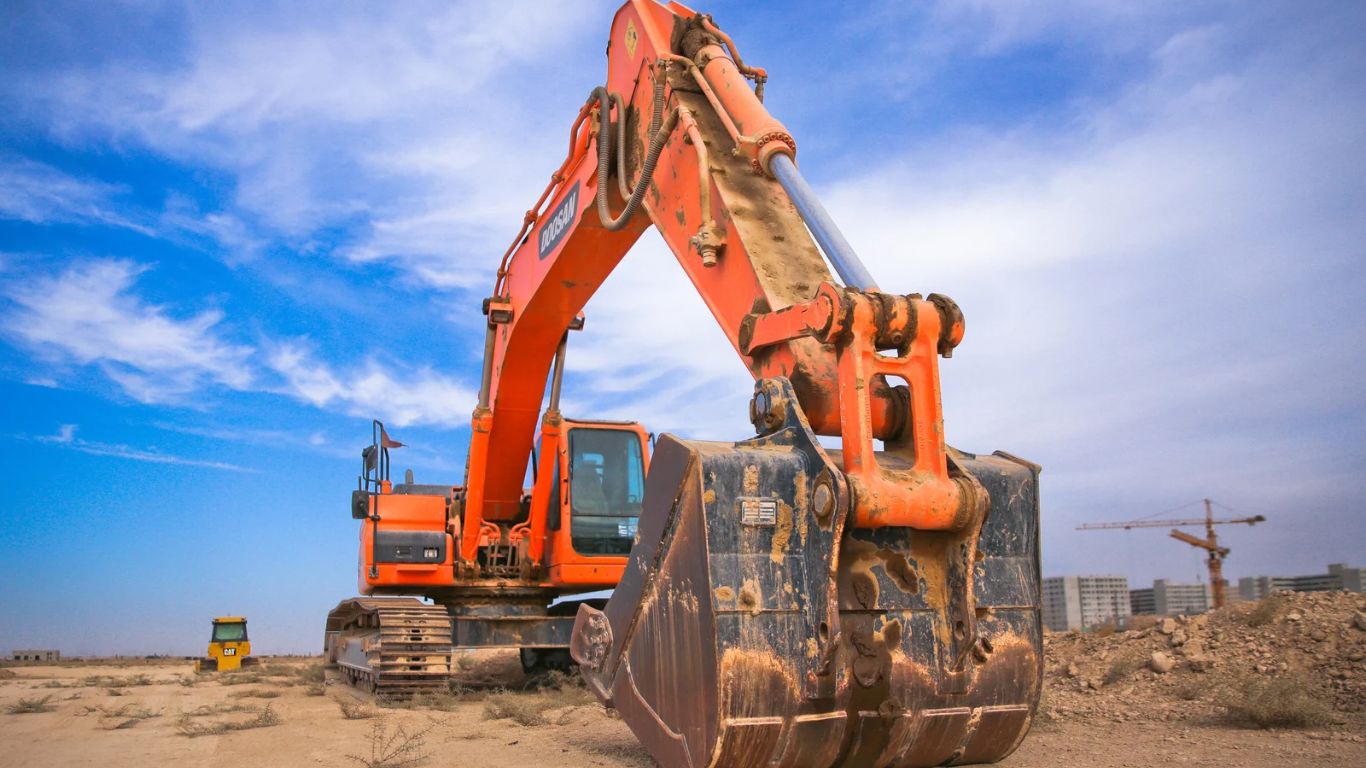Eurasian Projects
Project Development
Project Development Services

Eurasian Projects is an organization that specializes in land procurement and land development processes for new projects of companies developing construction projects. We offer our customers a comprehensive consultancy service on land finding, analysis and evaluation. We use an extensive network and resources to identify the most suitable land plots for our clients, taking into account factors such as geographical location, infrastructure access, environmental impacts and future use potential. We use our expertise and experience in land development processes to ensure the successful progress of projects. We offer comprehensive support in areas such as managing permit processes, planning and design, infrastructure creation, construction management and marketing. By developing customized solutions tailored to our customers' needs, we ensure that projects are completed on time and within budget. At the same time, we offer brokerage services to ensure fair and balanced agreements between land owners and construction companies. We use our effective communication and negotiation skills to ensure cooperation and harmony between the parties. Our goal is to provide the best service to customers at every stage and to be a reliable partner in the construction industry.
Eurasian Projects is an organization specialized in the supply of land and land development processes needed by companies developing construction projects for new projects. It also provides brokerage services to ensure fair and balanced agreements between land owners and construction companies. By offering a wide range of services and comprehensive support to its customers, Eurasian Projects aims to be a reliable partner in the construction industry.

1. Land Supply and Development Services:
Eurasian Projects provides consultancy services in the procurement of suitable lands for new construction projects and land development processes. Within the scope of this service, the most suitable lands are determined and provided for contractor companies operating in the construction sector. The Eurasian Projects team conducts detailed market research to identify lands suitable for customers' project needs and then guides them through the negotiation processes. Additionally, technical and engineering consultancy is also offered in land development processes. This service contributes to the successful implementation of the projects of contractor companies.

2. Brokerage Services:
Eurasian Projects mediates flat-for-land agreements and other land development methods between land owners and construction companies. Within the scope of this service, an effective communication and negotiation process is managed between land owners and construction companies. Eurasian Projects supports the achievement of fair and balanced agreements between the parties. Assisting clients with flat-for-money agreements, purchase transactions, revenue sharing and other land development methods.

3. Project Development Consultancy:
Eurasian Projects provides technical and engineering consultancy for land owners who want projects to be developed on their land. Our team of experienced engineers, architects and planning experts contributes to the successful implementation of the project by providing customized solutions that will meet the expectations of land owners. During the project development process, support is provided to customers on critical issues such as land use scenarios and project financing. Eurasian Projects is committed to providing reliable consultancy services to its customers at every stage of their projects.
Pro-Dev
PRO-DEV is the abbreviation of the words “Project Development” and is used to briefly describe the introduction page of Avrasya Project project development services.
Eurasian Projects is a pioneering platform that brings together contractor companies operating in the construction industry and valuable land owners, enabling mutually beneficial collaborations. This special page is designed to help land owners evaluate their assets and find suitable land for contractor companies in the process of developing their projects.
Real Estate Project Development Process:
Our Intermediary Services:
Eurasian Projects aims to provide mutual benefit by providing an efficient communication and cooperation environment between land owners and contractor companies. We carefully evaluate the demands of contractor companies and land owners and strive to provide suitable matches. When land offers that suit the needs of contractor companies come in, we work to provide potential cooperation opportunities by forwarding these offers to the contractor companies. Additionally, we undertake the management of the land-for-floor contract process and help ensure a fair agreement between the parties. In this way, we ensure the satisfaction of both parties by collaborating in a reliable environment.
Privacy and Security:
Your privacy is important to us in all communication and information exchange processes. The information you provide will only be used to ensure suitable matches and will not be shared with third parties.
Support and Contact:
If you have any questions or requests about our platform, we are happy to help you. To contact us, you can send an e-mail to [info@eurasianprojects.com] or fill out the contact form.
Frequently asked questions
Below you can find information and answers to questions you are curious about regarding the construction project development process and project development services.
New projects
Most recently launched projects to explore.

